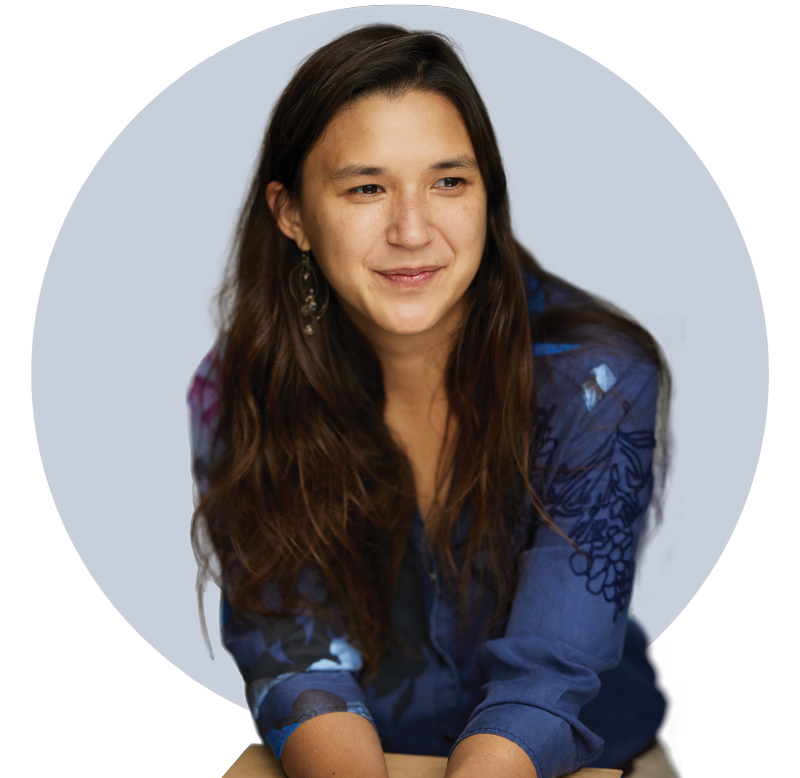Canada CIFAR AI Chair Courtney Paquette’s research lies at the heart of fundamental artificial intelligence (AI) — optimizing how algorithms work.
While many scientists design algorithms that help intelligent agents see and interact in the world as humans do, Paquette’s research focuses on understanding how algorithms see the world.
“I work on the theoretical understanding of algorithms — explaining how and why they work, and how to make them better,” says Paquette, a core academic member of Mila and an assistant professor in McGill University’s department of mathematics and statistics.
“I’m trying to change the way the research community analyzes the performance of algorithms.”
Paquette’s research is building momentum for a new area known as continuous optimization, an approach that enables intelligent agents to continuously define the parameters needed to maximize an algorithm’s performance, by adapting to evolving, real-world variables.
Traditionally, algorithms are measured by worst-case complexity, which measures an algorithm’s performance by how long it takes to perform its task successfully. Paquette proposes a modern approach to the problem by taking into consideration many different variables that make up an algorithm’s performance, such as time, energy and cost — an approach referred to as average-case complexity.
It’s a paradigm shift that will change the future of machine learning research.
“I’m trying to change the way the research community analyzes the performance of algorithms,” she says, adding that it has sparked a lot of dialogue within the machine learning community around how to measure complexity in an algorithm, and what makes an algorithm successful.
Paquette took the road less travelled to get to where she is today.
Originally from the Puget Sound outside of Seattle, Washington, Paquette was initially pursuing a business undergraduate degree at the University of Washington in Seattle, when she came across a course in supply chain management that sparked an interest in optimization.
“An amazing professor plucked me from the obscurity of some high-level undergrad course
and encouraged me to try for a PhD. He mentored me and got me involved with a research project. His ability to see that potential in me inspired me to do that for others,” she says.
In Paquette, that mentorship fostered a passion for teaching and for training the next generation at McGill University, particularly women in science, technology, engineering and math (STEM). She is using her role as a Canada CIFAR AI Chair to create training opportunities for students such as summer research experiences for graduate and undergraduate students. It’s an opportunity to expose students to exciting problems.
“I try to support a lot of female undergraduates so that they realize that they can excel in the areas of math and computer science,” she says.
Related Articles
-
12 research rising stars named CIFAR Azrieli Global Scholars
May 22, 2025
-
CIFAR’s climate and AI research: A year of impact
May 14, 2025
-
New program provides expert AI advice for policymakers
April 30, 2025
-
Strengthening Canada’s AI talent ecosystem
April 16, 2025
